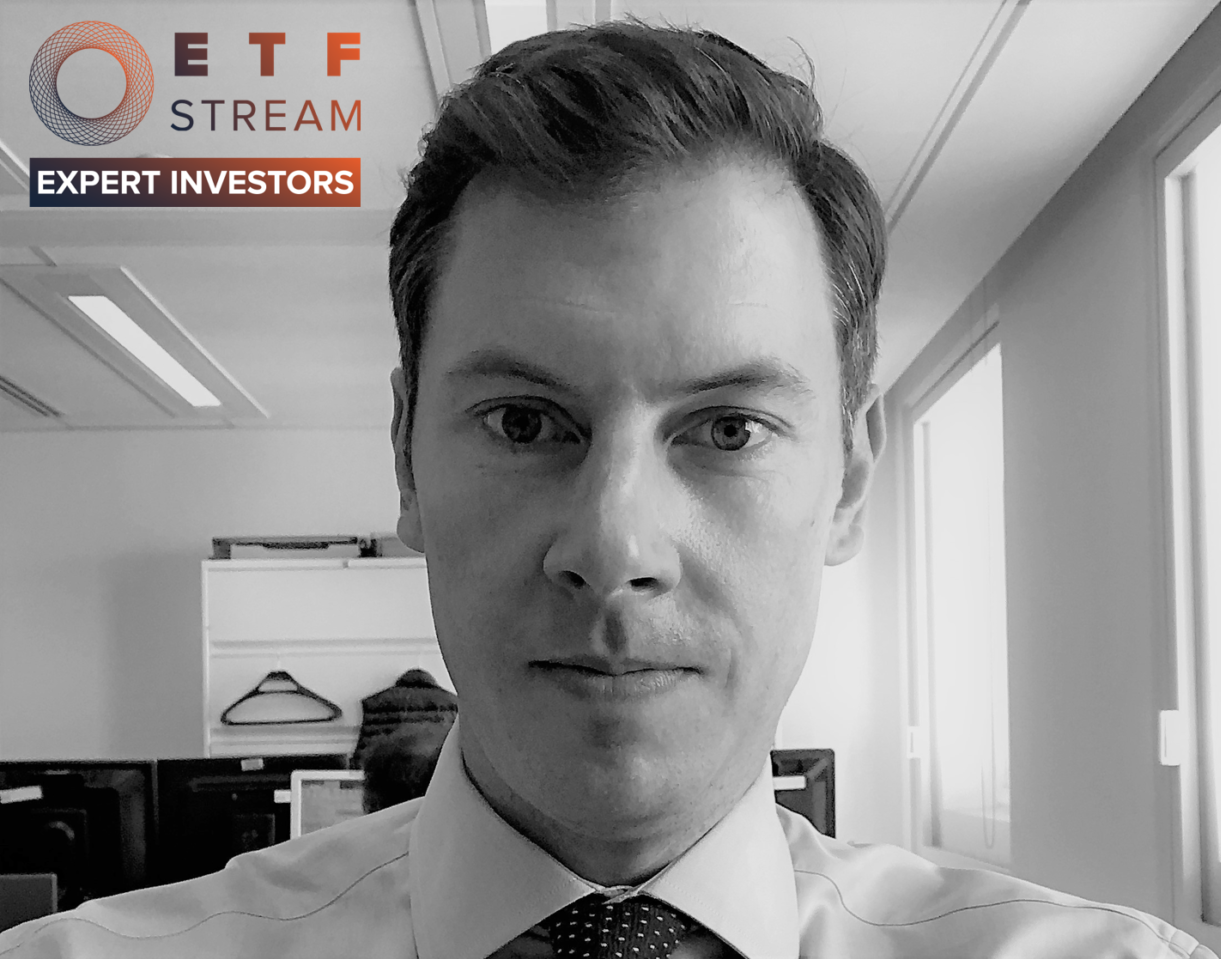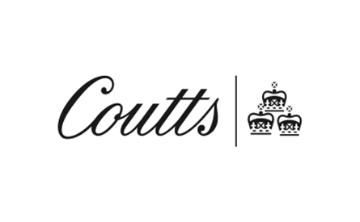brought to you by
ETF Stream
where on a fortnightly basis we interview the key individuals from across the fund selection and research space about the ETF ecosystem.
Fund selection plays a crucial role in portfolio construction. Once the asset allocation decision has been made, these individuals need to decide how they want to be exposed, be it through a mutual fund, investment trust or ETF.
Over the years, ETFs have become an increasingly important part of any investor’s toolkit. This series will show how the key players across the fund selection space use ETFs in their portfolios while asking what more can be done by the ETF providers to help with this increasing adoption.
Next in the hot seat is Jeremy Ward, portfolio manager at Coutts. Ward has spent seven years at Coutts where he is responsible for managing the firm's multi-asset range. Prior to this, he spent five years at Newton Investment Management between 2006 and 2011 as a fund manager in global equities having started his career at BNY Mellon.
How much of your portfolio is made-up of ETFs/index funds?
Currently, just over a third of a typical balanced portfolio is made up of ETF and index funds. Generally though, we are very flexible and nimble when it comes to how much we use them as it depends on market conditions.
When markets are buoyant, such as after a recession, we are more likely to use ETFs as rising tides lift all boats.
However, in down markets, we prefer to hold more active funds, as they have the flexibility to navigate a wide variety of situations.
When did you start investing in ETFs?
We were actually one of the first banks to adopt them in the UK wealth space. We believe a good blend of active and passive investing is the best way to deliver returns for our clients.
Which asset classes do you tend to invest in through ETFs?
We tend to use them in the broader, established markets such as the S&P 500 in the US and the FTSE 100 in the UK.
It is important for us that we keep costs low for our clients, so we tend to reserve using active managers for specific areas where we have high conviction.
High stock concentrations mean active managers have a greater potential to outperform the benchmark in specialised sectors and regions. We aim to get as much value for money out of active management as possible.
Which areas would you avoid?
We have been cautious on adopting credit-related ETFs so far, in part because of levels of liquidity in the underlying market.
What is your methodology for selecting ETFs?
Our approach to passive selection is largely based on identifying the product with the lowest total cost of ownership (TCO).
We define this as one-year tracking difference against the benchmark, plus ‘round trip’ trading costs.
A passive investment manager’s ability to efficiently track the index and generate a low TCO is driven by things like: their approach to portfolio management and the resulting transaction costs; structural factors such as ongoing charges and swap fees; trading costs; and the liquidity of the underlying market.
Do you have an ETF provider preference?
No. We are provider agnostic, as long as they pass our due diligence. What matters most to us is getting the best product on the market that will deliver the best results for our clients.
What ETF products would you like to see more of?
We take responsible investing very seriously at Coutts and are working to embed it across all our investment products for all our clients.
We would therefore like to see more transparency on the environmental, social and governance (ESG) aspects of each fund, such as carbon impact. More ESG-focused products would also be welcome.
Are there any areas ETF providers could improve?
More education for the market about the different types of products and approaches involved would be very welcome.
One question I am often asked is: ‘How can an ETF possibly outperform the market it is tracking?’ So more awareness ‘out there’ around the various techniques ETFs adopt that enable them to add value would be extremely useful.
To read the previous edition of Expert Investors with Wayne Nutland of Premier Miton, click here.
Sign up to ETF Stream’s weekly email here



